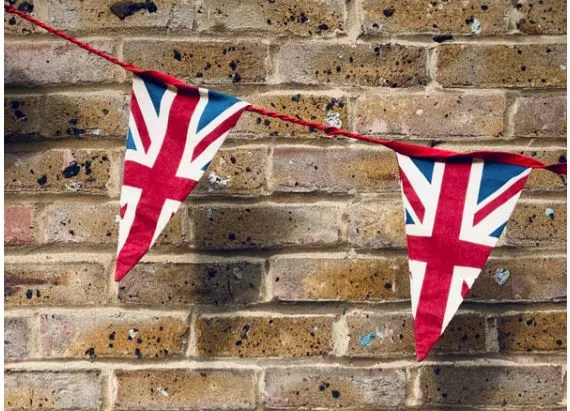Will UK June CPI Change The BOE’s Rate Trajectory?
The BOE has a problem, and tomorrow’s data could make things worse. As the market looks for guidance for where the pound could be heading, this means traders also have a problem. The BOE was the first of the major central banks to start raising rates, which should have given them an edge when it came to tamping down inflation.

But Britain still has one of the highest CPI growth rates among the major economies. The BOE’s policy of steadily increasing the interest rate has been met with steadily increasing inflation. The interest rate gap with the Fed has flipped, as the largest central bank in the world increases rates by multiples at each meeting. Now even the ECB is talking about hiking rates by 50bps at their September meeting.
Getting things under control
There have been voices calling for a more aggressive stance within the BOE, but they are a minority. The dissenters at policy meetings are those calling for 50bps. The next meeting is still a couple of weeks away, and after the Fed’s meeting where another 75bps hike is broadly expected. So, can the upcoming data push expectations towards the BOE making a bigger hike this time around?
June UK inflation is projected to tick higher to 9.2% from 9.1% in the prior month, another multi-decade high. But the BOE pays more attention to the core rate, which discounts the effects of fuel and food prices. That is expected to slow a bit to 5.8% from 5.9% prior. Even if food and fuel costs are what most impact consumers, the BOE is still going to prefer to look at long-term price stability.
A possible tie-breaker?
At the same time as the CPI data, we also get another figure that is often ignored by traders: PPI. Typically, it doesn’t have much of an impact on markets, but the costs paid by businesses to buy products will ultimately filter through to inflation. And since CPI is the big deal now, any leading indicator is likely to get more attention.
Even if core inflation is technically slowing, PPI output is expected to accelerate to 15.1% from 14.8% in May. That implies that UK businesses are still facing substantial pricing pressures, and that high inflation might still be prevalent for some time. That might be enough to shift consideration towards a larger hike.
Getting everyone on the same page
With the political issues going on as well, it makes it harder for the government and the BOE to work together on policies that might be unpopular but lead to more economic stability. Across the board, candidates for the Conservative leadership are promising tax cuts (but not spending cuts), in an effort to put more cash in the hands of consumers. This comes on the heels of a relief program of increased government spending to provide more spending capacity for lower income homes.
A more aggressive stance by the BOE would be expected to drain more liquidity from the markets and raise borrowing costs. Perhaps once the political uncertainty is over, the BOE and No 10 will find it easier to reach a consensus.
More By This Author:
USDCNH Minor Wave Y To Complete Intermediate Correction (4)
Intraday Market Analysis – AUD Builds Support
Euro Area Final CPI Ahead Of ECB’s Interest Rate Decision On Thursday
Disclaimer: Orbex LIMITED is a fully licensed and Regulated Cyprus Investment Firm (CIF) governed and supervised by the Cyprus Securities and Exchange Commission (CySEC) (License Number 124/10). ...
more


